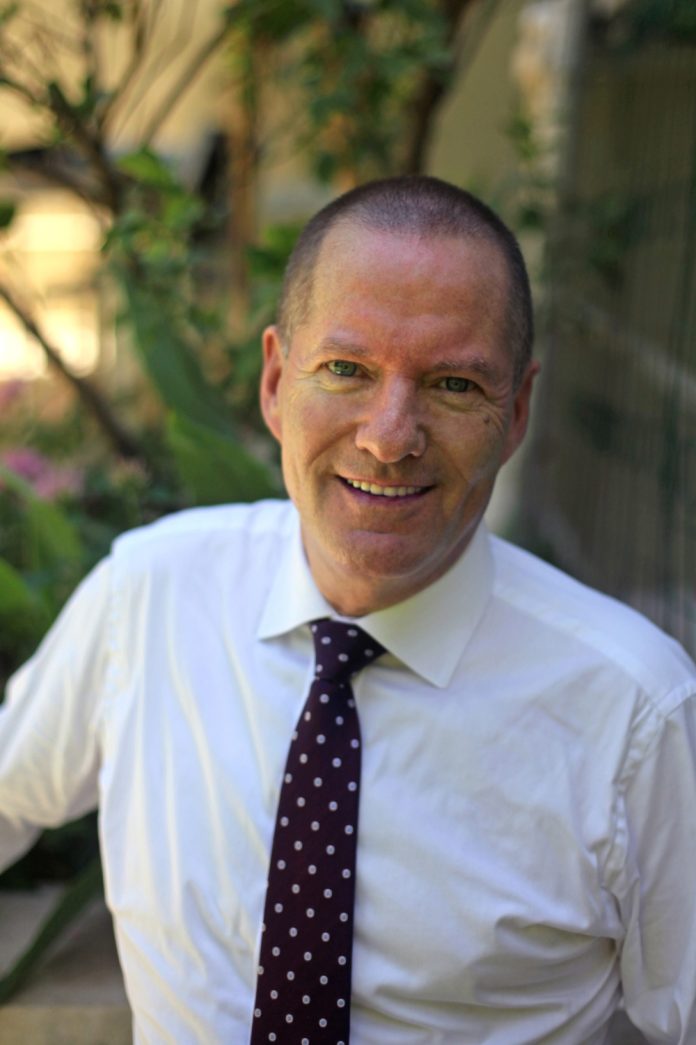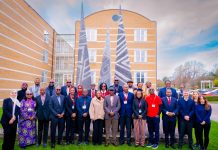after record growth figures show strong demand for alternative higher education solutions
Breaking education barriers and reaching missing middle students in dire need of affordable and accessible higher education alternatives
University of the People (UoPeople) has announced its plans to increase its reach amongst South African students searching for affordable, accessible, quality higher education opportunities. The University’s enrolment in South Africa has skyrocketed from 13 students in 2015 to nearly 1,600 students today.
Founded on the belief that higher education is a human right, UoPeople is the first non-profit, tuition-free, American-accredited online university. The University is dedicated to providing access to higher education globally to help qualified high school graduates overcome the financial, geographic, political and personal constraints keeping them from university studies. UoPeople’s total enrolment grew 107% in the past year to 75,392 students and is on track to surpass 100,000 students from more than 200 countries by this fall – making UoPeople the fastest-growing online university in the world.
In South Africa there are an estimated 1,4 million individuals who have completed secondary education but have been unable to enrol in a bachelor’s degree program due to limited seats or financial constraints.
Spurred on by the impacts of Covid-19, international markets have already seen massive change with many universities developing online programs that some call the post-pandemic future of education.
In South Africa, the pandemic has had much the same impact with the majority of universities moving to an online platform. This move, however, has still not provided enough educational opportunities or addressed the dire need within South Africa’s so-called missing middle student demographic.
UoPeople’s flexibility and affordability is ideal for the missing middle students, which includes those who cannot afford to attend university themselves but are above the income threshold to qualify for governmental funding. These students generally are considered middle-class with household incomes between R120,000-600,000 per annum. While traditional on-campus bachelor’s degrees can cost approximately R150,000, a bachelor’s degree from UoPeople will cost roughly R69,000 – reducing the total cost by more than 50%.
The University of Cape Town’s Vice-chancellor, Prof Mamokgethi Phakeng, serves on the President’s Council of the University of the People, together with Presidents and Vice Chancellors coming from the best universities in the world. “I am very proud of the quality of UoPeople and its achievements to date. The university is building a great model that can solve Africa’s higher education crisis, lack of seats and, in many cases, lack of quality,” said Phakeng. UCT recently launched South Africa’s first online secondary school for grade 8-12’s.
Founded in 2009, UoPeople offers four high-demand academic programmes: Business Administration, Computer Science, Health Science, and Education. These programmes were specifically chosen for their real-world relevancy and students can study from anywhere, on any device – even a mobile phone.
“UoPeople is the university that makes higher education accessible to local students, removing barriers to their success and empowering them to achieve,” says University President Shai Reshef. “We are happy for students who have succeeded in securing seats in local universities; however, UoPeople was created to accommodate all qualified students, not simply the few.”








